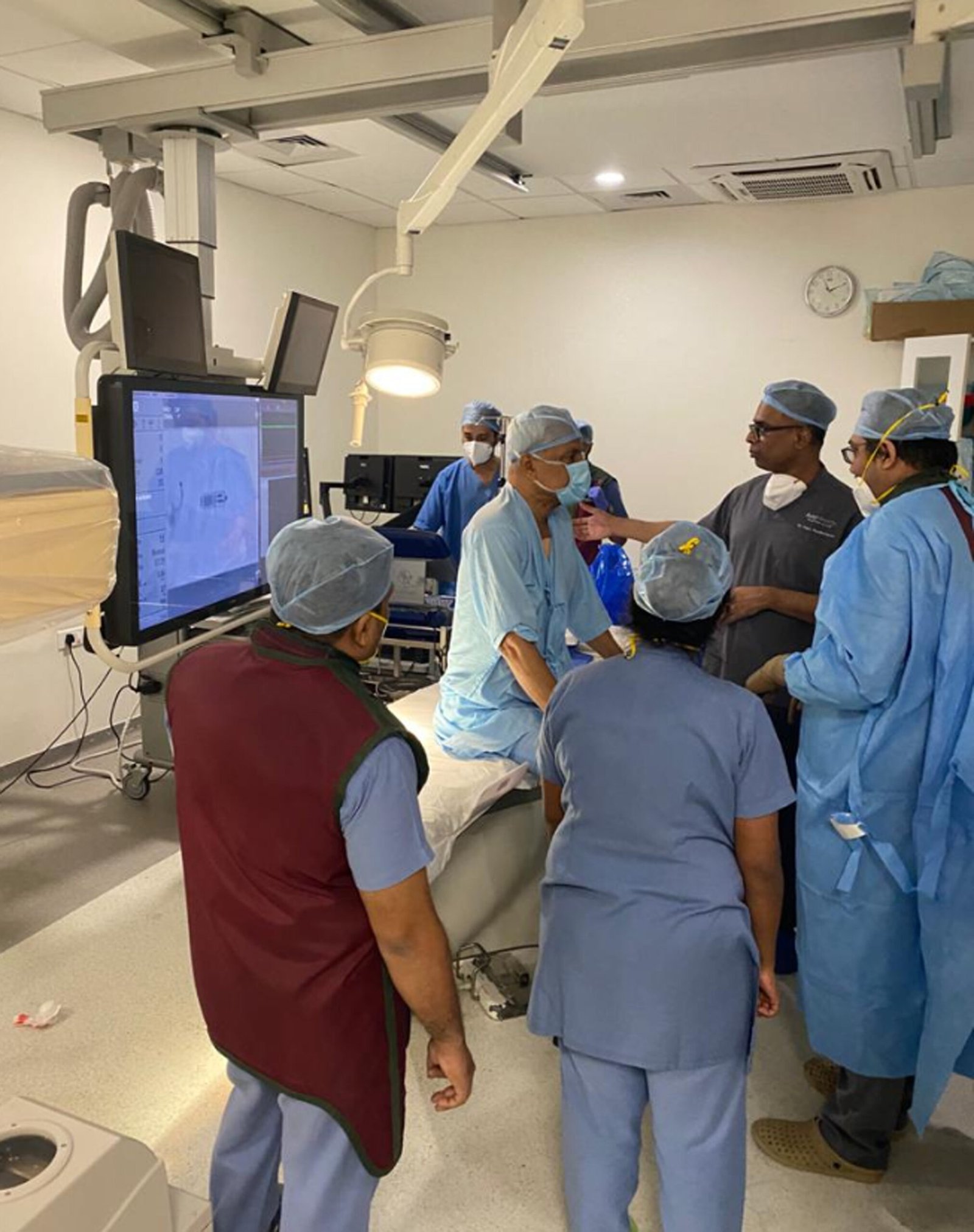Healthcare is one industry where the world has changed significantly over the past ten years. The COVID-19 pandemic, the economic downturn, and an increase in the adoption of technology and digitization have all contributed to a dramatic change in the environment for everyone.
Health Care and Artificial Intelligence
In the healthcare sector, there will be a $20 million market for artificial intelligence (AI) tools in 2023, and even more so for machine learning (ML) tools.
Healthcare ecosystem technologies like computer vision, natural language processing, and pattern recognition algorithms will continue to be adopted as their value becomes clearer throughout 2023.
AI can help predict the results of clinical trials and potential side effects of new drugs
AI analysis of medical imagery, where computer vision algorithms are used to find early warning signs of disease in x-rays or MRI scans, has also been effective in diagnosing and treating neurological conditions like Parkinson’s disease and Alzheimer’s disease.
AI is also used in administrative tasks like managing or analyzing medical records and processing insurance claims
Additionally, it can be used to analyse data from patient wearables or in-home sensors in settings similar to virtual hospitals.
Remote Healthcare: Telehealth, Healthcare Communities, and Virtual Hospitals
Many patients and healthcare professionals have realized that remote care can often be more effectively and economically provided for many conditions.
Telemedicine, which includes everything from video chatting with your doctor instead of going to their office to remote surgery, in which a surgeon performs surgery on a patient.
Online communities, where users can come together to share help and advice related to their treatment and recovery, are also becoming increasingly important.
It is safe to say that all forms of remote healthcare will continue to become more popular in 2023 due to the rising costs of providing in-person healthcare and the ongoing shortages of medical professionals in many nations.
Consumer healthcare
Analysts predict that by 2023, the amount of healthcare-related retail sales will have doubled.
Retail healthcare providers are utilizing customer expectations for a streamlined customer experience and choice to develop services that patients will find to be more practical and cost-effective than traditional primary care delivery.
In 2023, patients will choose retail health for their medical needs, according to research.
Retail healthcare providers are typically easier to reach and may not require advanced appointment scheduling.
Medical devices you can wear
By 2023, more people will be using wearable technology to monitor their own fitness and health, as well as to monitor patients from a distance.
Technological advancement in medical industry has grown quickly in recent years from basic monitoring devices for vital signs like heart rate and blood oxygen levels to smart watches with ECG smart gloves that can lessen Parkinson’s disease patients’ tremors, smart textiles that can detect blood pressure and predict the likelihood of heart attacks.
There is a growing emphasis on developing wearable technology that can track and identify symptoms of mental illnesses in addition to physical illnesses. This year, a study was published.
Wearable medical devices will have processors and be able to use in-device analytics rather than needing to send data back and forth between the device and the cloud to be processed.
The first advantage of this is privacy since the device never needs to leave with sensitive patient data.
Second, there is speed, which is essential for devices intended to identify and issue real-time alerts for potentially life-threatening conditions.
Patient-centered healthcare
Patients will have more opportunities in 2023 to receive healthcare that is tailored to them specifically.
Drugs and other treatments are specifically tailored to a group of patients based on characteristics like age, genetics, or risk factors.
The most sophisticated and accurate types of personalized healthcare consider a person’s genetic information or genome and can aid medical professionals in predicting the efficacy of particular medications or whether a patient is likely to experience side effects. These predictions are occasionally aided by AI and ML algorithms.
Personalized healthcare is used in reference to initiatives that give patients more control over the design and delivery of their care. This typically entails creating a personalized treatment plan for a person, taking into account their unique circumstances, viewpoints, and beliefs when deciding how and where they should receive treatment.
